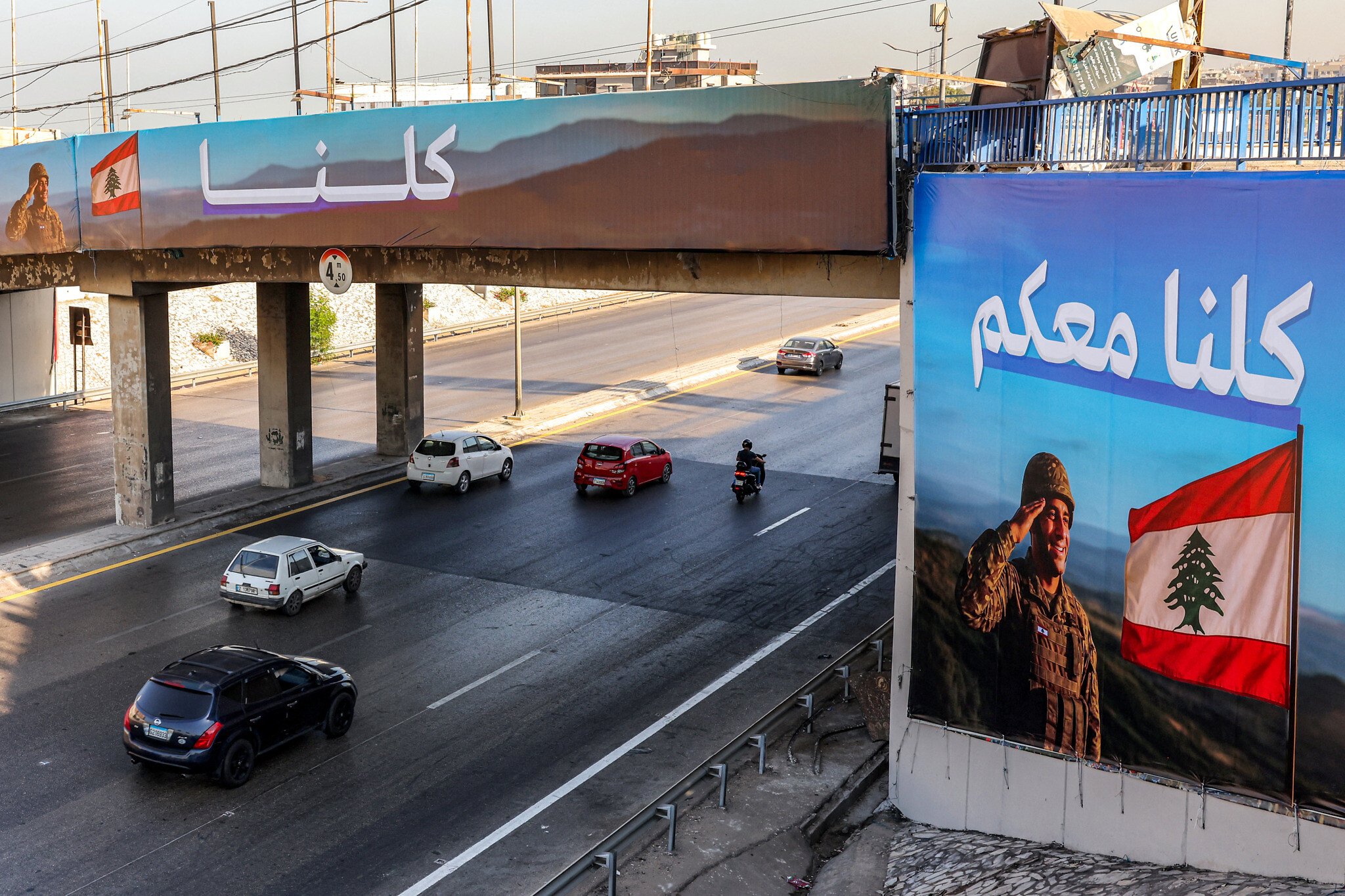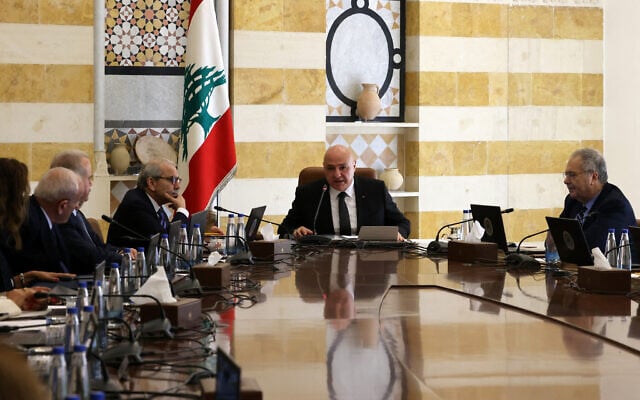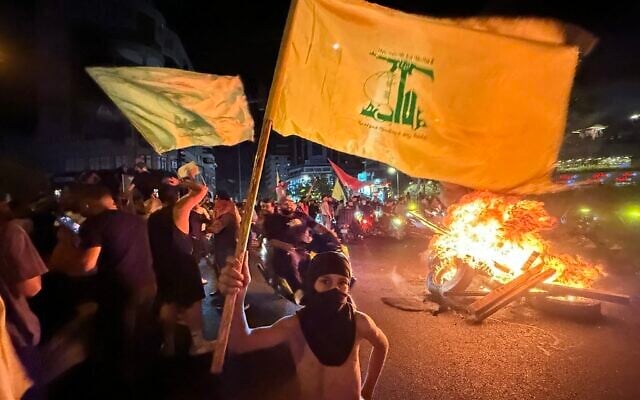


Lebanon’s army will have fully disarmed Hezbollah near the border with Israel within three months, Beirut’s foreign minister said Tuesday as the government tries to restore control in the areas of the country long dominated by the Iran-backed terror group.
Lebanese military chief Rodolphe Haykal presented the government with a five-stage plan last week to implement a policy setting the Lebanese state as the only legitimate bearer of arms, Foreign Minister Youssef Raggi told AFP.
The first stage should take “three months… during which the removal of weapons will be completed south of the Litani River,” in November, he said.
Israel has demanded for years that armed Hezbollah activity be barred south of the Litani, which is located some 25 kilometers (15 miles) from the Israeli border in many places.
Calls for Hezbollah’s disarmament have taken center stage in Lebanon since the terror group sustained heavy losses in a yearlong conflict with Israel. The results of that war, which ended last November, upended a power balance that had long been dominated by the terror group.
Since then, Hezbollah has been under increasing domestic and international pressure to give up its remaining arsenal, including from Lebanese President Joseph Aoun, who, under pressure from the United States, has pushed for the terror group to disarm.

Last week, Information Minister Paul Morcos said that the military will begin implementing its recently approved plan to disarm Hezbollah, but tempered expectations slightly, saying Beirut’s capabilities “are limited in terms of logistics, material and human resources.”
At the government meeting where the plan was approved, several Hezbollah and other Shiite officials walked out in protest, as Hezbollah has accused the government of caving to American and Israeli pressure and said it would “treat this decision as if it does not exist.”
Morcos also claimed that Israel had not held up its end of the agreement laid out in the US-brokered ceasefire: “Israel, like Lebanon, has clear obligations. However, its continued violations constitute evidence of its reneging on these obligations and seriously threaten regional security and stability.”
Under the ceasefire, Hezbollah and Israel were both required to withdraw from south Lebanon, but Israel has kept forces in several areas it deems strategic. It also continues to conduct strikes across Lebanon in response to what it says are ceasefire violations.
Israel has said its strikes aim to prevent Hezbollah from rearming and to protect residents of its northern border area, and that it will withdraw from sites in Lebanon that its troops still occupy when Hezbollah lays down its weapons. But the terror group has rejected any move to dismantle its arsenal.

Since the ceasefire was reached, the Lebanese army has also regularly collected caches of weapons and ammunition from the area south of the Litani River, from which Hezbollah has largely withdrawn, but the group’s heavier missiles and drones have remained hidden.
The conflict between Israel and Hezbollah erupted when the Iranian-backed terror group began launching rockets at northern Israel in support of Hamas after it led the October 7 massacre in southern Israel that killed some 1,200 people and saw 251 taken hostage to Gaza.
The conflict eventually escalated into open war between Israel and Hezbollah by September 2024, ending in a ceasefire at the end of November that year.

